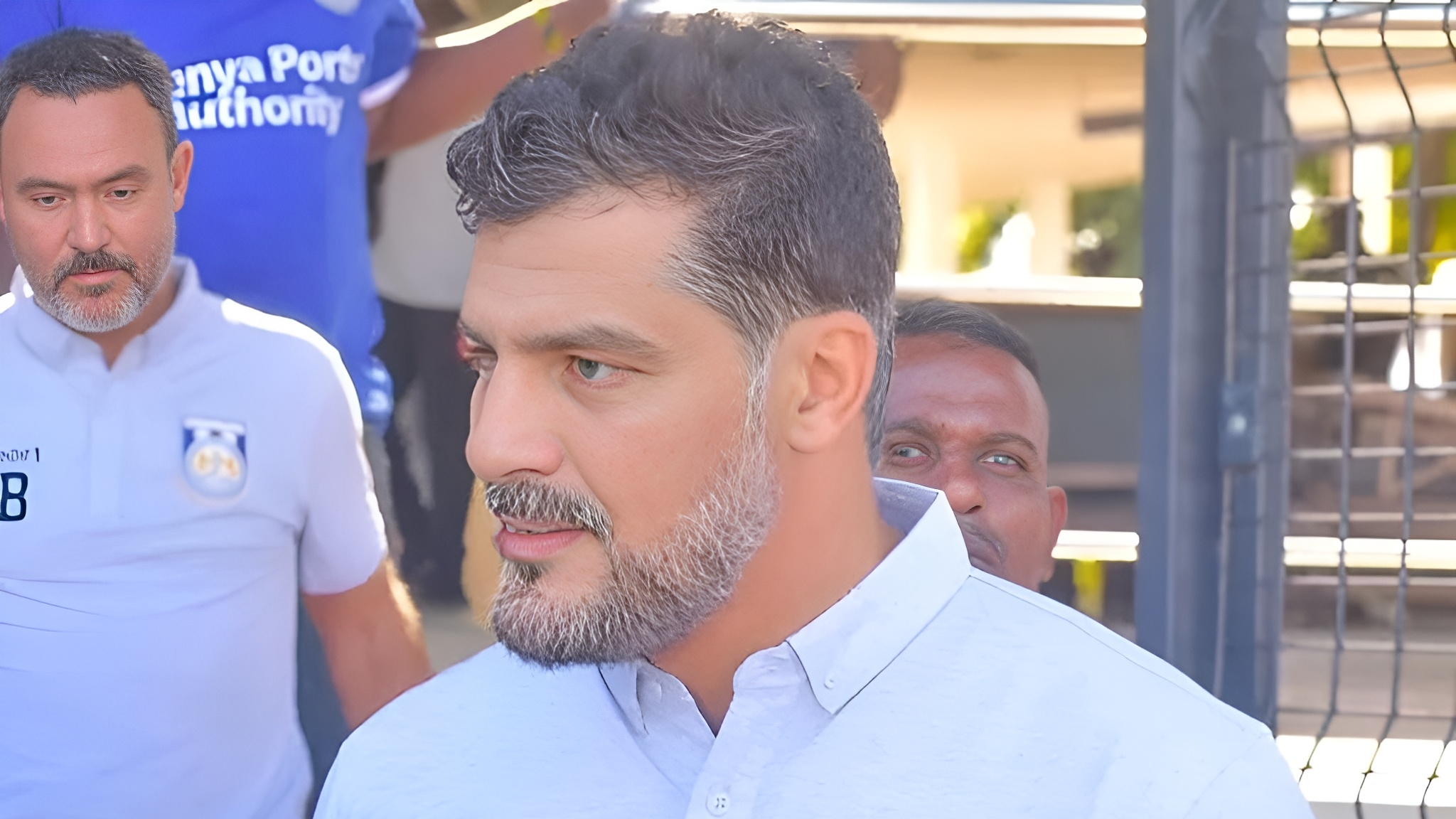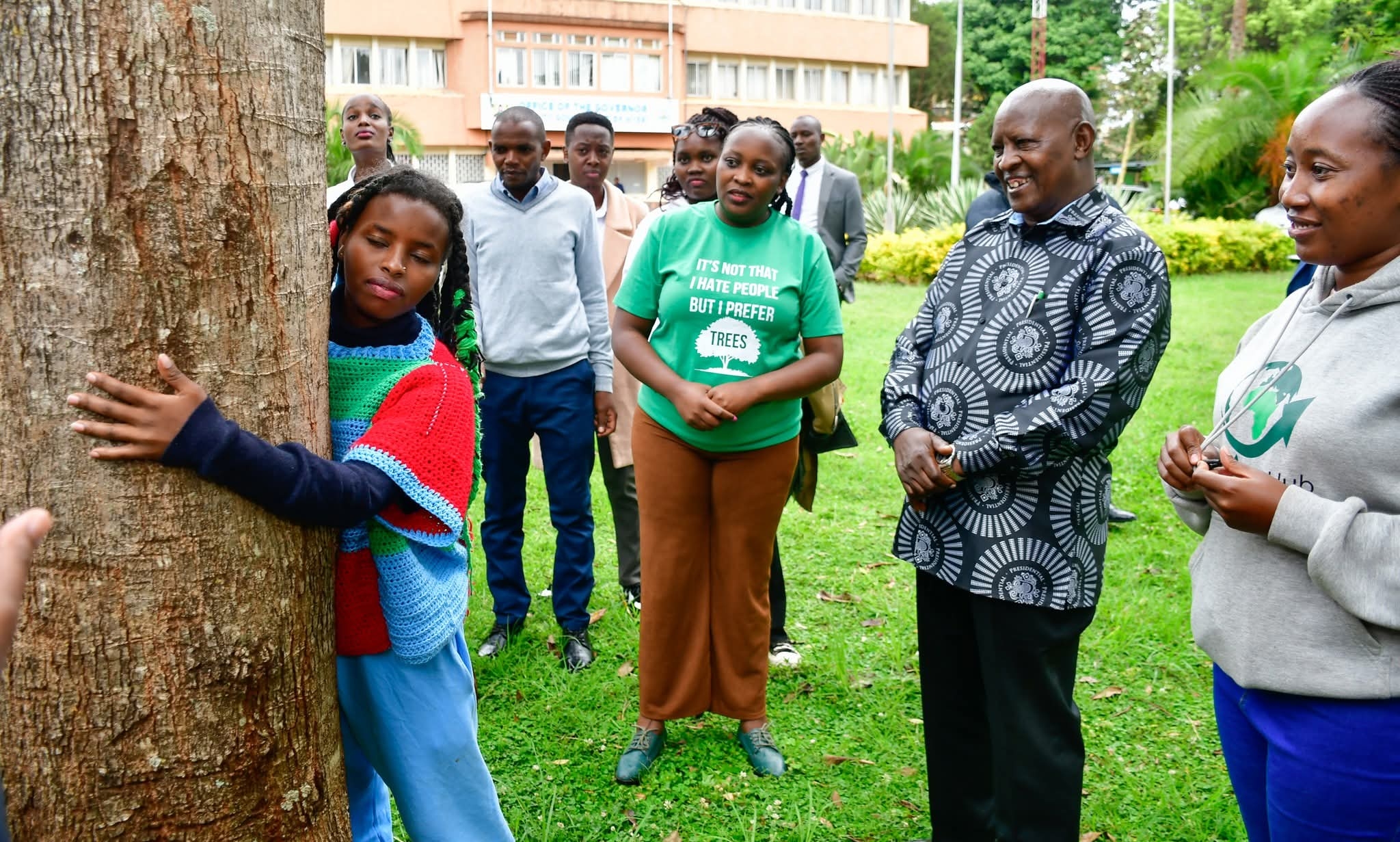

Bandari FC have appointed former Moroccan international Mohammed Borji as their new head coach, a move that signals the club’s desire to redefine its footballing identity and restore the discipline that once made it a formidable force in the Kenyan Premier League.
The 44-year-old tactician steps in following the dismissal of Ken Odhiambo, whose tenure was brought to an end last Monday after a disappointing string of results.
Borji, who has previously managed Moroccan sides COD Meknes and Moghreb Tetouan, was unveiled on Monday afternoon at Mbaraki Stadium in Mombasa. His arrival follows a short interim period under assistant coach John Baraza, who secured Bandari’s first victory of the season—a spirited 3-1 win over Murang’a Seal.
At his unveiling, Borji spoke with a quiet authority that seemed to capture both his intent and his confidence.
“I’ve spent a few days with the team, and I must say, the warmth and professionalism here have been exceptional. My aim is clear—to help Bandari rise, play modern football, and finally bring home the KPL title.”
He will be assisted by fellow Moroccan Tarik Bendamou, an appointment that reflects Bandari’s growing alignment with North African tactical structures—methodical, disciplined, and grounded in precise technical execution. For Bandari’s hierarchy, this move represents more than a change of personnel; it is a statement of direction.
Club CEO Tony Kibwana described Borji’s hiring as part of a broader, long-term vision aimed at making Bandari competitive both at home and across the continent. “Bringing in a foreign coach fits within our strategic plan,” Kibwana said.
“We are not only chasing the KPL title; we want to build a team capable of competing in CAF tournaments. The head coach and his assistant have been given a season-long, performance-based contract, and we will evaluate progress at the end of the campaign.”
Kibwana also underlined Bandari’s commitment to a modern, multi-layered coaching system. “Today’s game demands specialisation. We’ll continue strengthening our backroom staff with dedicated coaches for each department—strikers, defenders, fitness, and analysis. Everyone’s role is to support the head coach’s vision.”
Club chairman Taufiq Balala echoed that sentiment, saying Borji’s arrival is the product of careful research and ambition rather than impulse. “We looked far and wide for a coach who understands both our goals and our culture,” Balala said.
“Borji fits that profile perfectly. Bandari has the talent and potential—it’s time we turned that into silverware. This appointment is part of building an identity, not just fixing results.”
His first task will be steering the team through the ODM at the 20 Tournament, which begins this weekend at Mbaraki Stadium.
The pre-season showcase, featuring Gor Mahia, AFC Leopards, and Shabana FC, will allow Borji to assess his squad under pressure before the league resumes.
Bandari’s recent 3-1 triumph under Baraza brought temporary calm, but inconsistency continues to haunt the Dockers.
Borji inherits a side rich in ability but low on rhythm—a familiar equation in Kenyan football. His appointment mirrors a quiet but steady trend in the region: the growing influence of North African coaching philosophies. These systems, honed through years of continental dominance, prioritise tactical intelligence, defensive structure, and quick attacking transitions.
As a player, Borji was no stranger to the top levels of African football. A four-time CAF Champions League winner with Wydad Casablanca, he brings with him the aura of continental success and a clear understanding of what it takes to build winning teams.
His experience—rooted in structure and discipline—may offer Bandari the stability they have long sought.
For Borji, the task is as psychological as it is tactical. He must restore belief within the dressing room, rediscover the Dockers’ competitive rhythm, and impose a sense of consistency that has often eluded the club in crucial moments.
“The first step is belief,” he said during his first media session. “The players must see themselves as contenders. Once that mentality is established, the football will follow.”
Bandari’s squad presents him with intriguing options—a mix of energetic youth and seasoned experience, each capable of contributing to a new identity built on tactical precision and mental fortitude.
Yet, as with all managerial transitions, the challenge lies in blending individual flair with collective discipline.
The club’s technical committee remains confident that Borji’s methods will instil a renewed sense of purpose and positional awareness across the side.
His North African pedigree, coupled with his modern approach, could be the bridge between Bandari’s promise and their pursuit of sustained success.















